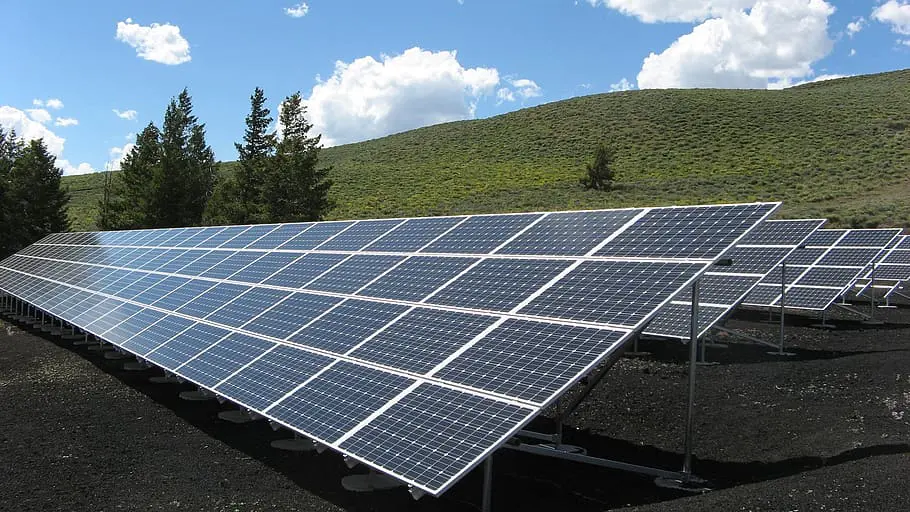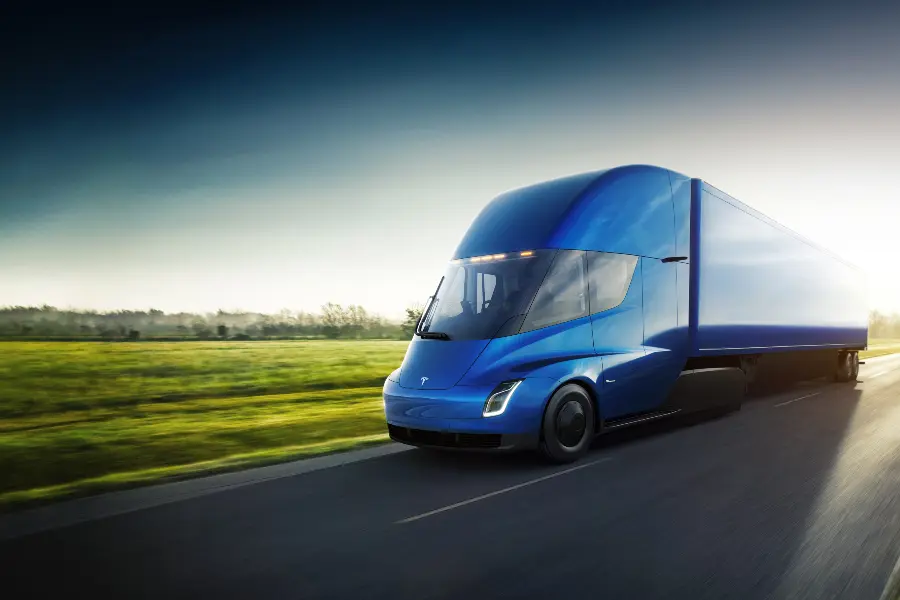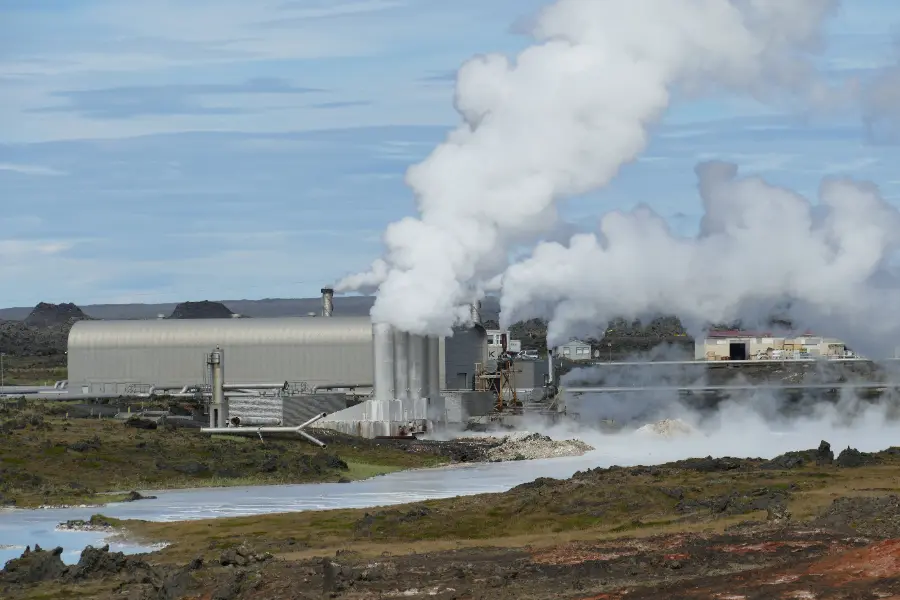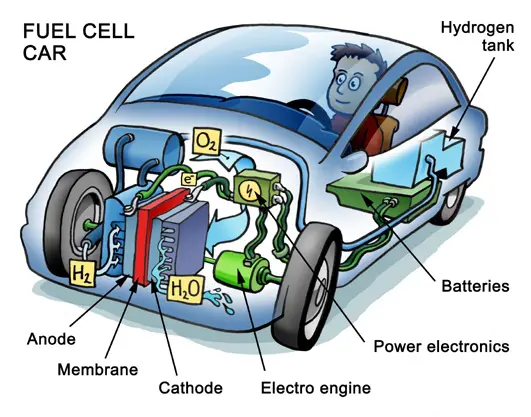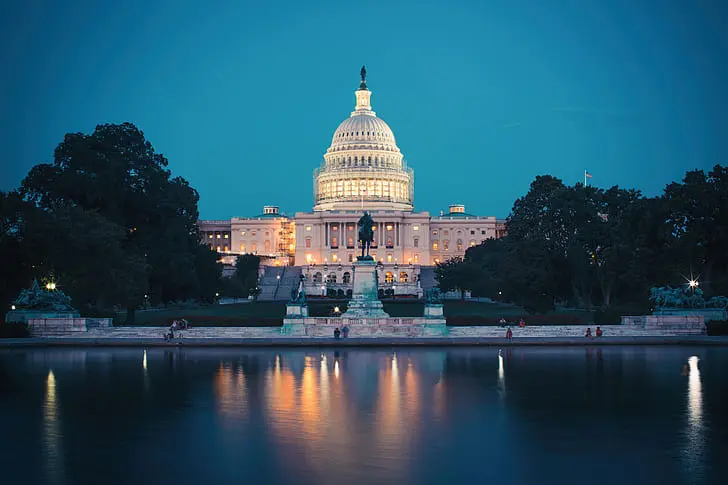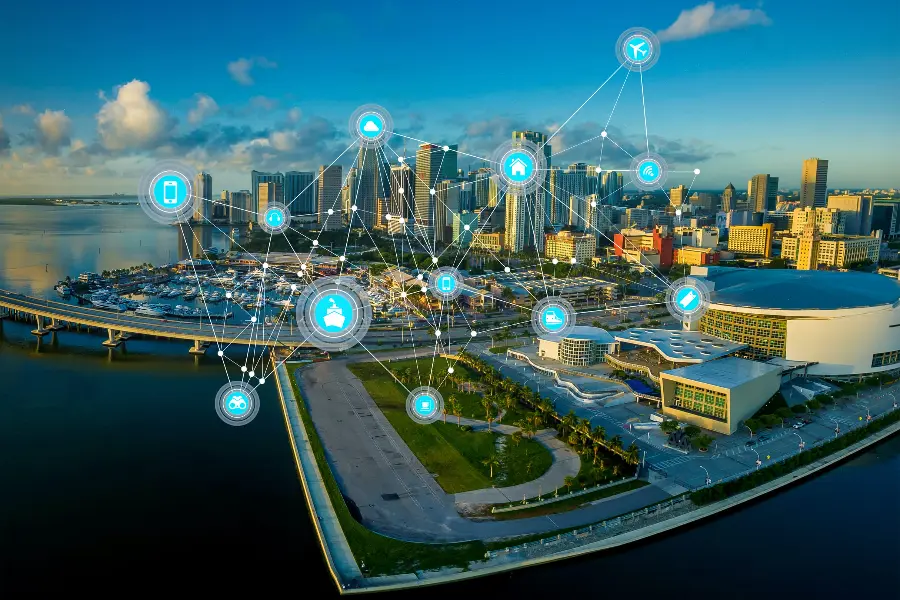
Dive into the world of renewable energy challenges and opportunities with us! Discover the future of green energy in a friendly, engaging read.
Renewable energy challenges and opportunities are pivotal in today’s world. While renewables offer eco-friendly solutions and economic benefits, they also face hurdles like infrastructure needs, initial costs, and energy storage. Balancing these aspects is key to a sustainable future.
Renewable Energy Challenges and Opportunities
Ever wondered about the buzz around renewable energy challenges and opportunities? Well, you’re in the right place!
Join us as we unravel the intricacies of green energy, exploring both its bright prospects and the hurdles it faces.
Let’s embark on this enlightening journey together!
In the modern era, renewable energy stands as a cornerstone in the global effort to combat climate change and reduce our dependence on finite fossil fuels.
As the repercussions of global warming become increasingly evident, the transition to renewable energy sources becomes not just preferable, but essential.
Renewable energy technology becomes better, cheaper, and easier to access every year. Yet, renewable energy sources are only responsible for 20% of our global energy consumption. There are challenges for renewable energy introduction to our daily use. https://www.trvst.world/renewable-energy/challenges-for-renewable-energy/
Brief Overview of the Importance of Renewable Energy
Harnessing energy from the sun, wind, water, and earth presents a sustainable solution to meet our energy needs.
Unlike coal or oil, these sources won’t run out, and they emit no harmful greenhouse gases.
Their importance lies in their potential to power our world without harming it.
The Rise of Renewable Energy
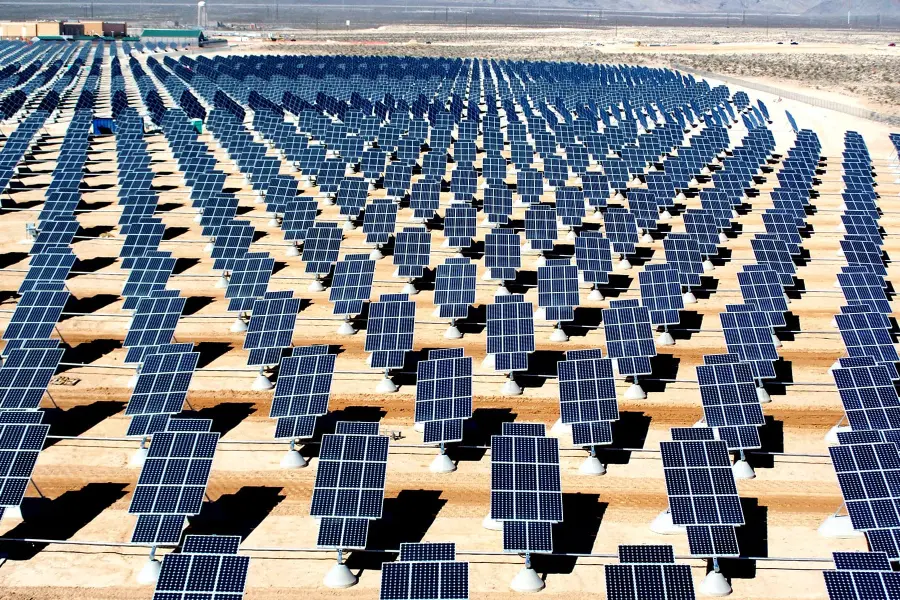
The last two decades have witnessed a seismic shift towards renewables. This isn’t just a trend; it’s a necessary evolution:
Technological Advancements: Innovations have made capturing and storing renewable energy more efficient than ever.
Economic Viability: As demand grows and technology improves, the costs associated with renewables continue to drop, making them competitive with traditional energy sources.
Global Awareness: As the world becomes more conscious of environmental issues, the push for cleaner energy solutions has gained momentum.
Opportunities for Renewable Energy
The horizon of renewable energy is vast, filled with potential that can revolutionize how we power our lives.
Benefits of Renewable Energy
Beyond environmental conservation, renewables offer a plethora of advantages:
Reduced Costs: Over time, renewable installations, like solar panels, pay for themselves through energy savings.
As technology advances, these costs are only expected to decrease further.
Electrifying Remote Areas: In places where traditional power grids are impractical, localized renewable sources can provide essential electricity.
Energy Security: Relying on local renewable sources reduces dependence on foreign energy, ensuring a more stable energy supply.
Combatting Climate Change: Every kilowatt-hour produced by renewables is one less produced by polluting fossil fuels.
Public Acceptance of Renewable Energy
The global consensus is clear: renewables are the future.
Widespread Support: Across age groups, cultures, and nations, there’s a growing acknowledgment of the need for cleaner energy.
Urban Initiatives: Major cities worldwide are setting ambitious targets, aiming to be powered predominantly, if not entirely, by renewables in the coming decades.
Progress in the UK’s Renewable Energy Sector
The UK exemplifies the transformative power of renewables:
Transitioning Away from Fossil Fuels: Coal, once the backbone of UK energy, is being rapidly replaced by wind, solar, and other renewables.
Economic Factors: As the costs of nuclear energy rise, renewables are becoming the more economical choice for new energy projects.
Offshore Wind Success

The seas around the UK are a testament to the potential of offshore wind:
Competitive Bidding: Through the Contracts for Difference (CfD) auctions, offshore wind projects are achieving costs previously thought unattainable.
Technological Leap: Modern wind turbines are marvels of engineering, capable of generating vast amounts of energy even in suboptimal conditions.
Challenges of Renewable Energy
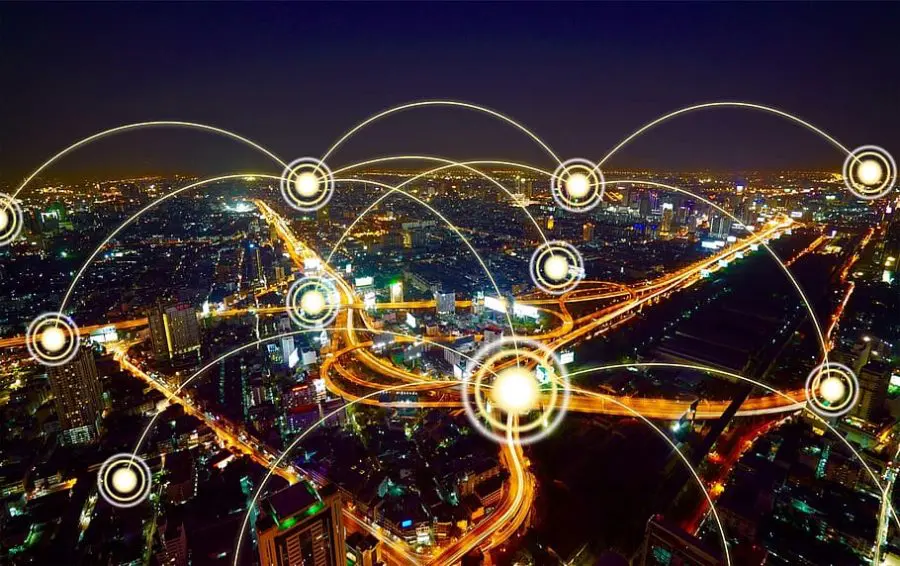
While the prospects of renewable energy are promising, the journey is not without its hurdles.
From technological constraints to market dynamics, several challenges need addressing to fully realize the potential of renewables.
Variability of Renewable Energy Systems
The inconsistent nature of some renewable sources poses challenges:
Need for Consistent Energy Sources: While solar and wind are powerful, they’re not always consistent.
This has led to interest in more stable sources like tidal and geothermal energy.
Balancing Supply and Demand: Grid operators must ensure that energy supply meets demand, especially during peak times.
Redesigning Electricity Delivery and Market: As renewables become more prevalent, there’s a need to rethink how electricity is distributed and sold.
Solutions to Variability
Addressing the variability of renewables requires innovative solutions:
Flexible Generation & Demand: Adaptable power generation and consumption can help balance the grid.
Interconnections and Storage Capacity: Connecting different power grids and increasing energy storage can ensure a steady power supply.
Demand Side Response and Smart Appliances: Modern appliances can adjust their energy consumption based on grid demand, aiding in energy balance.
Barriers to Flexibility
While solutions exist, they come with their own set of challenges:
Political, Sectoral, and Market Challenges: Regulatory hurdles, market dynamics, and political will can sometimes impede the adoption of renewable solutions.
Energy vs. Electricity
The conversation around renewables often centers on electricity, but there’s more to the story:
Expanding the Role of Renewables Beyond Electricity: Renewables can also play a role in heating and transportation.
Energy Efficiency and Consumption: It’s not just about generating green energy, but also using it efficiently.
Changing Mindsets
A shift to renewables requires a change in mindset at multiple levels:
Policy, Regulation, and Market Changes: Governments and regulatory bodies must create an environment conducive to renewable adoption.
Shift to a Low Carbon Future: Society at large must recognize the importance of reducing carbon emissions and support the transition to renewables.
Challenges in Developing Countries
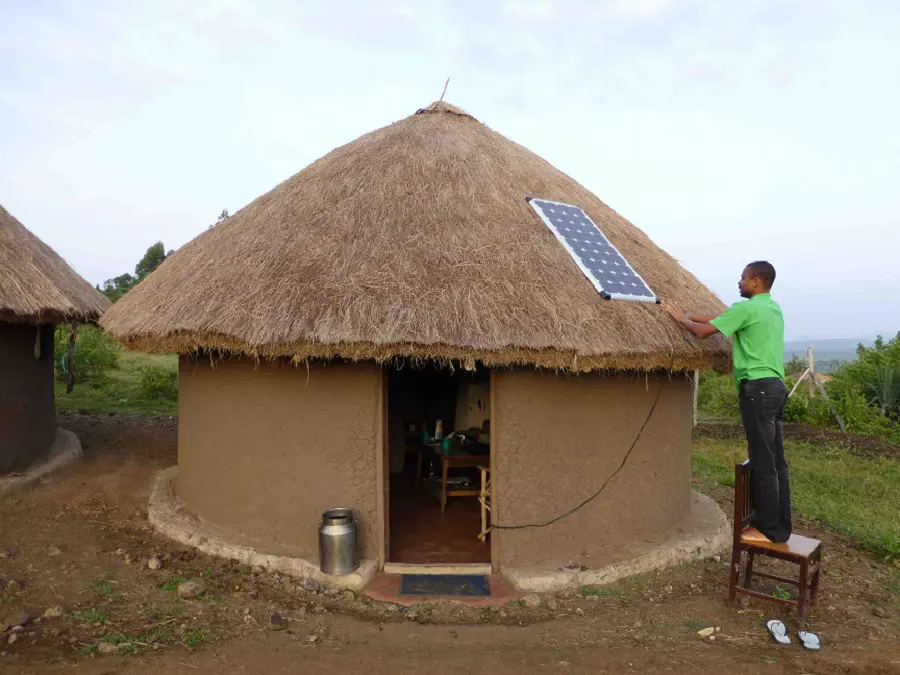
Developing countries, while having abundant potential for renewable energy, face unique challenges.
From infrastructure limitations to financial constraints, the path to a green future is complex.
Infrastructure Limitations
Many developing nations lack the necessary infrastructure to harness and distribute renewable energy.
While they have abundant sunlight, wind, or water resources, they often lack the technology and systems to capture and utilize these resources efficiently.
Financial Constraints
Investing in renewable energy requires significant upfront costs.
For countries already grappling with economic challenges, securing funding for renewable projects can be daunting.
However, with the declining costs of renewable technologies and the potential for international partnerships and grants, there’s hope on the horizon.
Policy and Regulatory Barriers
In some developing nations, the regulatory framework isn’t conducive to renewable energy projects.
Bureaucratic red tape, lack of clear policies, and sometimes even political instability can hinder the growth of the renewable sector.
FAQs
Q: What is a challenge facing renewable energy?
A: One of the primary challenges is the intermittent nature of sources like solar and wind. Without consistent energy production, there’s a need for robust storage solutions and grid management.
Q: What are 3 problems with renewable energy?
A: Three common problems include:
1) High initial investment costs,
2) Technological challenges related to storage and distribution, and
3) Land use concerns, especially for large-scale installations.
Q: What are the challenges of renewable energy in developing countries?
A: Developing countries often face infrastructure limitations, financial constraints, and policy and regulatory barriers that can impede the adoption of renewable energy solutions.
Q: What are the significant obstacles to implementing renewable energy?
A: Significant obstacles include the need for advanced infrastructure, the variability of renewable sources, and sometimes, public resistance due to misconceptions or lack of awareness.
Q: Why is renewable energy hard to implement?
A: Implementation challenges arise from the need for new infrastructure, the initial costs associated with renewable technologies, and the requirement for a supportive regulatory environment.
Q: What are the two most important drawbacks of renewable energy?
A: The two most significant drawbacks are the intermittent nature of many renewable sources, requiring robust storage solutions, and the high initial investment costs, which can be a barrier for many regions or communities.
Conclusion: Progress in Renewable Energy
The journey of renewable energy, from being a niche concept to a mainstream solution, is nothing short of remarkable.
Despite the challenges, the progress made in the past few decades is a testament to the resilience and innovation of the human spirit.
As technology advances and the world becomes more aware of the environmental and economic benefits of renewables, the future looks bright.
With continued efforts, collaboration, and a shared vision, a sustainable green future is within reach.



